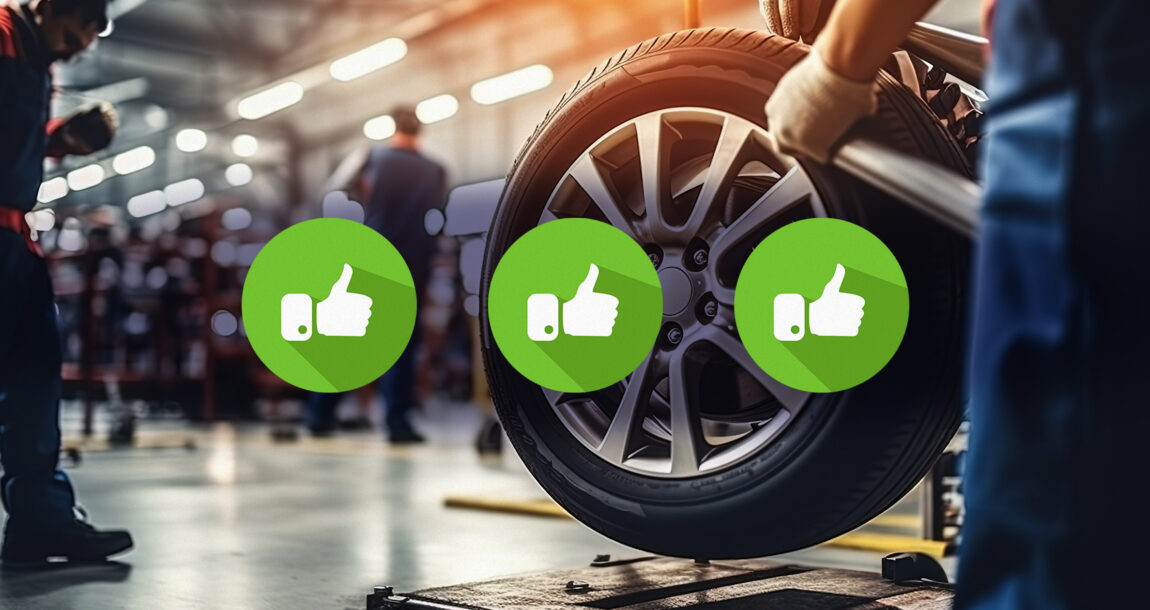All Categories
Featured

Understanding the difference in between routine upkeep and repair work is essential to ensuring your automobile remains in leading condition and runs successfully throughout its life. While both are important for vehicle upkeep, they offer different purposes. Regular upkeep has to do with prevention and ongoing treatment, while repairs are needed when something breaks or malfunctions. Here's an overview of what each involves and how they vary.
Regular Upkeep: Protecting Against Future Problems. Routine maintenance includes the regular, scheduled services that keep your vehicle in good working order and avoid concerns from developing. These jobs are developed to ensure that all parts of your automobile proceed to operate as they should and aid maintain the lorry's reliability. Normal upkeep is usually detailed in your car's owner handbook, defining when to execute certain jobs based on mileage or time intervals.

Some examples of regular upkeep consist of:
Oil Modifications: Oil lubricates the engine, ensuring it runs smoothly and efficiently. Routine oil adjustments, usually every 3,000 to 5,000 miles, aid prevent engine wear and maintain the car running efficiently. Tire Rotation and Balancing: Tire rotation helps also out tire wear, while stabilizing makes certain smooth handling and improves tire longevity. This need to be done every 6,000 to 8,000 miles. Brake Inspections: Your cars and truck's braking system requires regular checks to make sure the pads are in good problem, the liquid degrees suffice, and the rotors are operating well. Fluid Checks: Keeping an eye on important fluids, consisting of transmission liquid, coolant, brake liquid, and power steering liquid, aids keep the engine and other systems running efficiently. Air Filter Substitute: The engine air filter maintains dust and debris from getting in the engine. Replacing it consistently aids keep engine efficiency and fuel effectiveness. These maintenance tasks are preventative in nature, developed to prolong the life of your automobile and lower the risk of malfunctions. By performing routine maintenance, you can capture small problems prior to they rise into bigger, extra expensive issues.
Fixes: Taking Care Of Problems That Arise. Repair work, on the other hand, are necessary when a component of your automobile fails or damages down. Fixings are frequently unintended and are called for to recover the car's performance and safety and security. Unlike regular maintenance, which is focused on avoidance, repairs are responsive actions taken when something breakdowns or breaks. While some fixings may be small, others can be more expensive and intricate.

Examples of usual repair work include:
Transmission Issues: Problems such as sliding gears, difficulty moving, or odd sounds might signify a breakdown in the transmission, needing repair work or substitute. Engine Fixes: If the engine is misfiring, overheating, or revealing various other signs of trouble, it might need a fixing or replacement of certain components like the ignition system, timing belt, or sensors. Brake Fixes: If your brakes are squealing, making grinding noises, or falling short to quit the car properly, you might need to change brake pads, blades, or calipers. Battery Substitute: If the auto has problem starting or the battery warning light appears, it may be time to replace the battery. Suspension and Steering Repairs: If you experience unequal tire wear, a harsh experience, or difficulty guiding, maybe an indication that the shock absorber or steering elements need repair. Repair work are usually a lot more pricey than regular upkeep because they involve taking care of concerns that can influence the cars and truck's safety or capability. Relying on the intensity of the trouble, repairs might call for specialized parts and labor.
Trick Distinctions Between Routine Upkeep and Repairs. Function: Routine maintenance aims to stop concerns and make certain that the vehicle runs effectively. Fixings are necessary to fix problems that have currently occurred. Regularity: Maintenance jobs are done on a routine routine, while repairs are required when specific concerns emerge unexpectedly. Expense: Routine maintenance is normally cheaper, as it involves minor checks, adjustments, and component substitutes. Fixings can be extra costly because of labor and components associated with taking care of busted elements. Timing: Maintenance is foreseeable and planned, whereas repair services happen when something fails, often resulting in even more immediate focus. The Value of Both Routine Repair And Maintenance. While routine upkeep is very important for lessening the demand for fixings, fixings are often inescapable. Even the best-maintained lorries can experience damage gradually. It's necessary to be proactive with maintenance and address repair services immediately to guarantee your car stays safe and reliable to drive.
By remaining on top of routine upkeep jobs, you can reduce the danger of needing expensive repairs. Addressing them early can help prevent additional damage and make certain that your automobile proceeds to carry out at its finest. when repair work are required.
Final thought. In summary, routine repair and maintenance are both essential parts of automobile treatment. Regular maintenance assists stop concerns and guarantees your car is running smoothly, while repair services are required to fix problems that arise suddenly. By balancing regular maintenance with prompt repair work, you can prolong the life of your lorry and appreciate a more secure, more reliable driving experience.
Latest Posts
A Kicking Back Day on the Water
Published Apr 20, 25
1 min read
Quick Car Repair Solutions - Schedule with Montclare Auto Repair Today
Published Apr 20, 25
2 min read
Keep Your Carpet Looking Its Ideal with Easy, Expert Treatment
Published Apr 19, 25
1 min read